What is Propylene Glycol?
Here are some facts about Propylene Glycol (PG):
- It is a SYNTHETIC liquid which is water-soluble
- It is obtained from the hydration of propylene oxide, which is derived from petroleum products.
- It is a solvent used in the paint and plastics industries
- It is found in hand cleansers and disinfecting gels
- It is used as one of the main ingredients in e-cigarettes
- It is sprayed on the body of aircraft as antifreeze or deicing
It is a colorless, odorless, slightly syrupy liquid that is a bit thicker than water and it has practically no taste. PG can dissolve some substances better than water and is also good at retaining moisture. This makes PG very useful as a food additive, so it can be found in a wide variety of processed foods and drinks
In recent years, there has been much frustration and confusion about this chemical compound. It’s found in literally thousands of products in various amounts, and some people claim it to be utterly harmless while others speak as if it’s responsible for devastating diseases like cancer.
What is it doing in your Propolis liquid?
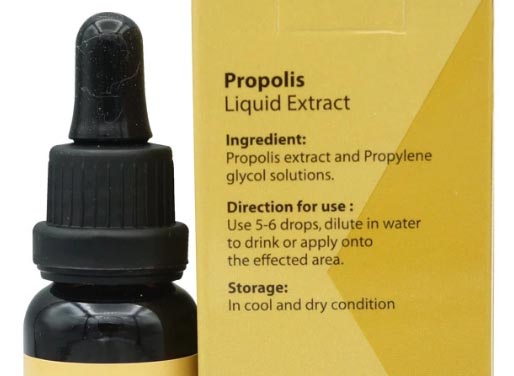
Nobody likes to hear that an ingredient in antifreeze or e-cigarettes is also found in their health supplement. However, why exactly does that happen?
The process to make propolis extracts or tinctures is pretty straight forward – you need raw propolis and an appropriate solvent.
The most efficient way to produce propolis extract is to use ethanol (also called grain alcohol, pure alcohol). Any food-grade alcohol that is at least 130 proof (65% alcohol) will work well. However, alcohol is a problem for infants, children and seniors. It can also be a problem for some people due to religious reasons.
Aqueous extracts can be obtained by soaking propolis in water or boiling it in water. When boiling, some of the propolis’ aromatic compounds may be lost, however. In addition, the yield of active and medicinal compounds is generally lower when compared to propolis produce with alcohol. Water extracts of propolis should be refrigerated in order to suppress the growth of mold.
Instead of alcohol or water, many manufacturers turn to Propylene Glycol to produce their Propolis extract. PG can dissolve raw propolis better than water and is also useful as a food additive and preservative.
Is it bad? Are there any side effects?
This liquid substance is fraught with inconsistencies in research, as well as many differing opinions on whether propylene glycol is a dangerous toxin or a mostly harmless compound. There is no hard and fast answer to that question, however — according to a fair amount of research, the effects of propylene glycol are rarely negative and generally associated with extremely large, intravenous dosage levels. After all, the FDA has categorized propylene glycol as “Generally Recognized as Safe” (GRAS).
That doesn’t necessarily quell concerns, however. Many people are extremely concerned by the presence of an ingredient in antifreeze (one that’s used to deice airplanes, no less) in their food, which has sparked uproar in recent years, especially when three European countries pulled a popular alcoholic drink off the shelves for an illegal level of propylene glycol. (1) The mix-up apparently occurred when the company sent the North American formula instead of the European formula, which contains six times less propylene glycol.
The World Health Organization recommends a maximum intake of 11.4 mg of propylene glycol per pound of body weight (25 mg/kg) per day. The estimated exposure to propylene glycol through foods in the US is 15 mg per pound (34 mg/kg) per day (2). In comparison, one person who developed symptoms of toxicity was receiving 213 grams of propylene glycol per day. For a 120-pound (60-kg) adult, that is over 100 times what is found in the average diet (3).
Propylene Glycol has been associated with irritant and allergic reactions. In fact, Propylene Glycol has infamously won “The Allergen Of The Year 2018” by the American Contact Dermatitis Society (4). Frequent skin exposure to propylene glycol can cause redness and itching to sensitive skin. Ingestion of propylene glycol could cause irritation, burning sensations to the throat and mouth, nausea and vomiting. The side effects of prolonged inhalation of propylene glycol found in room deodorizers can cause irritation of the mucous membranes, wheezing, coughing and shortness of breath.
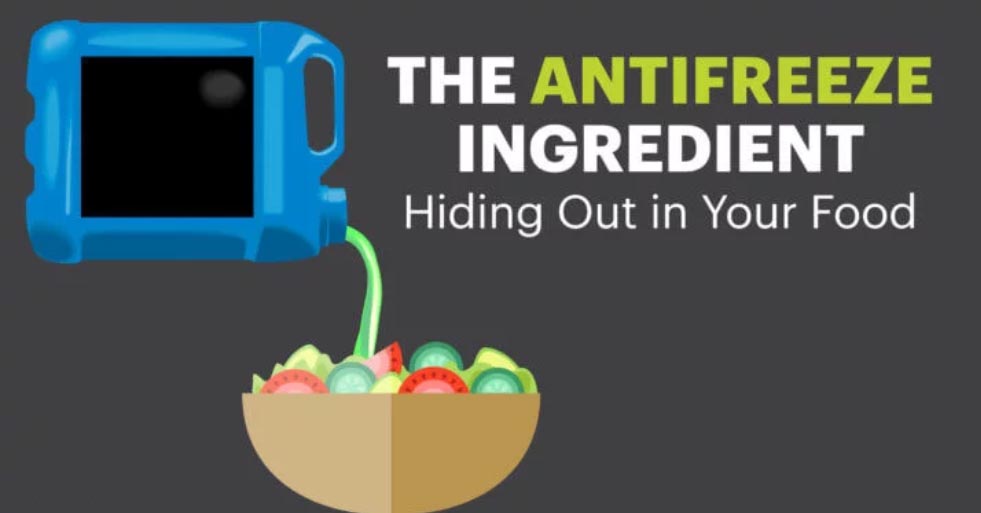
What can I do?
While the Food and Drug Administration (FDA), in a toxicological profile, has deemed propylene glycol as “generally recognized as safe” and it is also deemed to be non-toxic and non-carcinogenic, the very fact that it is used in airplanes antifreeze and one of the main ingredient in e-cigarettes is disturbing to many people. There have been reported cases of skin irritation and allergic reaction and it is probably not safe for pregnant women or infants.
If you are looking for propolis supplements, as much as possible try to AVOID one that has propylene glycol stated in its label.

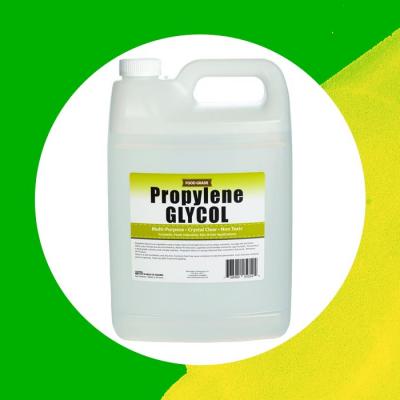
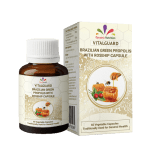

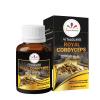

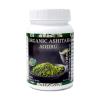
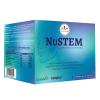
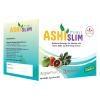
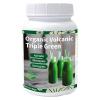
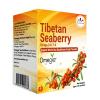
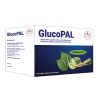

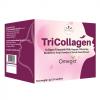
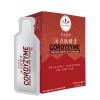
Facebook Comments